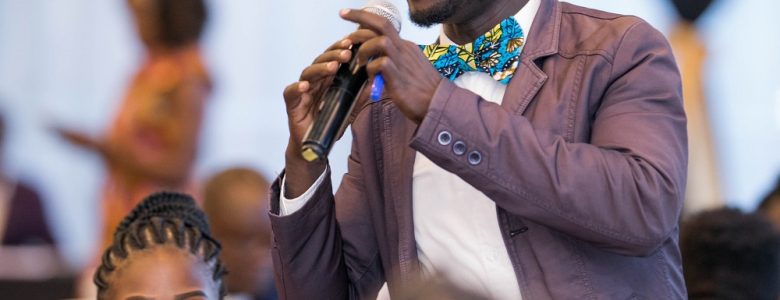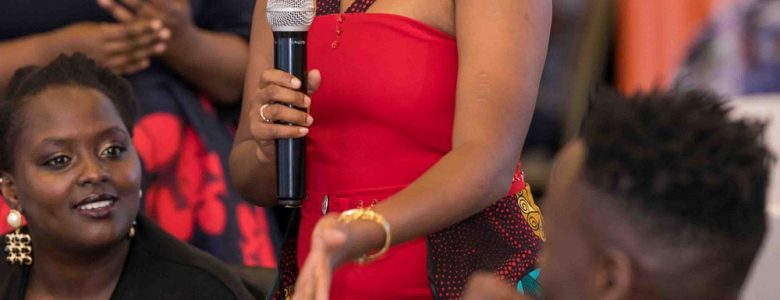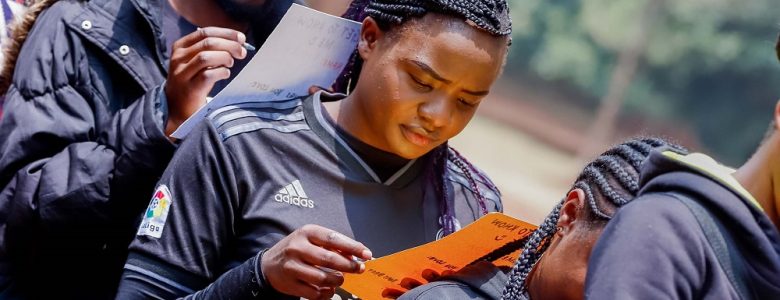Add Your Heading Text Here
SAYDS MEDIA
November 16, 2022
Systemic Insights,Systemic Thinking

Joining SAYDS has helped me advance my capacity to fight to lower the rate of drug and substance abuse, especially in kids between 10-14 years old.
My name is Stephanie Aoko Otieno from (insert). I am 22 years old. Every time I wake up, my ambitious, self-driven, and passionate inner child asks, “What do you want to do, miss?” And when that question knocks, I always know the answer: to put my best foot forward at fighting social challenges in my community in the most minor, meaningful way possible.
One day, a friend shared a life-changing opportunity, which is the reason I am writing this today. That disruptive opportunity was joining the System Acumen Youth-led Development solutions as a fellow. Around April 2021, I applied to join SAYDS. I successfully joined a group of like-minded individuals born for the sole purpose of crafting solutions. This change would see me advance my capacity to make a difference to the issues and communities I care about. Specifically, to fight to lower the rate of drug and substance abuse, especially in kids between 10-14 years old in Manyatta, (insert the wider area, for instance, Kisumu).
The problem
Through working with a partner organization, INTERLEK, we aimed to gain more knowledge and the ‘inside wires’ of solving the problem of drug and substance abuse among street children. Hinging on the theme, change is possible, INTERLEK has rehabilitated over 250 street children abusing drugs. With this enthusiasm, we engaged with them, hoping to prevent school dropout, crime, family breakdown, school torching, and death.
Among many issues, street kids abuse drugs; due to peer pressure, early exposure to drugs, physical and sexual abuse, stress, and lack of parental guidance.
But here is something interesting.
Before joining SAYDS, I knew nothing about complexity and systems thinking – even though I was using pieces of its framework . I learned from SAYDS about the nature of complexity within social problems that we encounter in our society on a regular basis but cannot be mitigated sustainably without integrated approaches because they are interconnected in one way or the other. Social, cultural, and economic societal challenges do have numerous independent factors that are interacting and influencing each other’s behaviors but resist solutions. As a result, to solve complex social problems, we must understand our mental models and that of others.
Mental Models
Mental models are the lenses in our minds through which we clearly understand the world and our beliefs. Prior to joining SAYDs, I thought complex social problems only affected the party involved. But after engaging with SAYDS, I am aware these problems have complicated effects and causes.
Years before joining SAYDS, my confidence hung low because I always thought young people needed pressure to change society. The backward mentality has changed because right now, I am pumped to participate in curbing social problems, thanks to SAYDS.
What I have done with systems thinking
Like most fellows, SAYDS equipped me with the right skills, knowledge, and attitude, expanding my experience and boosting my confidence in tackling complex social problems.
And even without knowing it, I had been employing systemic thinking in my previous volunteer work and engagements. For instance, I worked with Family Health Options Kenya (FHOK), an organization dealing with family planning methods and individual health on matters of reproduction. In 2019, we facilitated training for youths and aged people on reproductive health issues and conducted family planning programs. Among other activities we did are; offering guidance and counseling services to tackle teen pregnancies and reduce rates of sexually transmitted diseases by providing voluntary test programs and family planning resources such as condoms.
SAYDS has helped me shape my application of systemic thinking in my work with communities . It is better now that I know the why, the how, and the when to employ these tactics to tackle complex social problems in my community and Kenya at large.
After SAYDS, what next?
With all the insights gained at SAYDS, I plan to continue engaging in meaningful social change initiatives. This I’ll do by participating in more social problem programs, attending workshops or seminars on the same, and sharing valuable insights I have learned with others. There is so much I have learned about system thinking and complexity in social problems. I am a proud ambassador willing to share this whenever I go, as long as possible.
Recent Post
SAYDS Elevated My Systems Thinking Skills
November 16, 2022
SAYDS has Equipped Me With The Necessary Skills to Tackle Complex Social ProblemsNovember 16, 2022
SAYDS Has Widened My Understanding of Complex ProblemsNovember 16, 2022
SAYDS Helped Me Engage with Decision MakersNovember 16, 2022
SAYDS Has Given Me the Tools to Liberate Africa From Social Problems and ImperialismVolunteer
You will be placed in the appropriate team or project depending on your skills and experience. Please reach out if you can assist us in any of the following fields:








